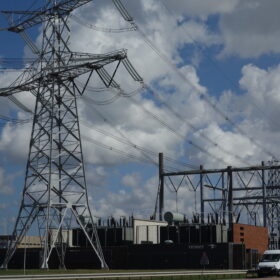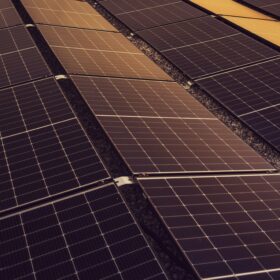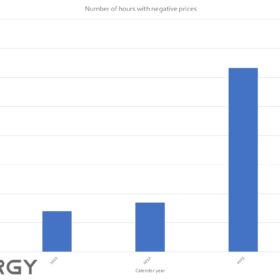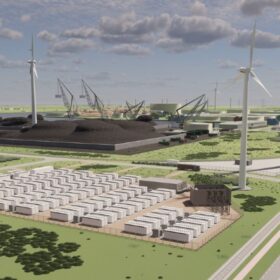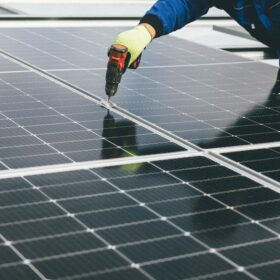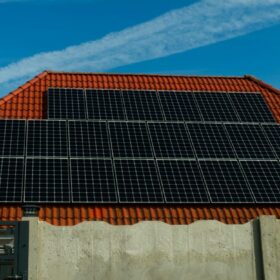Dutch homeowners file suit over 2027 phase-out of net metering
Around 137,000 Dutch homeowners have filed a legal claim seeking compensation over the planned cancellation of net metering in 2027.
Netherlands deploys 1.76 GW of solar in H1
The Netherlands added 1.76 GW of solar capacity in the first half of 2024, with 148,166 new PV projects. By the end of June, the country’s total installed PV capacity had reached 26.06 GW.
Dutch parliament approves end of net metering in 2027
Trade body Holland Solar says the Dutch parliament has approved eliminating net metering in 2027, giving the solar sector clarity to move forward.
Dutch grid operators propose limitation contracts to free up 880 MW of capacity
Dutch grid operators TenneT, Enexis, Liander, and Stedin say that expanded use of “capacity limitation contracts” among renewable energy operators could free up about 880 MW of additional grid capacity. The contracts are granted by congestion service providers (CSPs), which act as intermediaries in the Netherlands.
End of net metering not a threat to residential solar profitability
The Netherlands is preparing to end its net-metering scheme, prompting two Dutch research institutes to study the potential impact on PV system profitability. They found that increasing self-consumption rates from 30% to 60% would keep profitability levels stable.
Netherlands posts more negative energy prices
The Netherlands has recorded more hours of negative energy prices between Jan. 1 and Aug. 17 than it did in all of 2023. Dutch research firm Stratergy has noted a clear correlation between expected solar and wind energy and negative hourly prices in the day-ahead market.
Lion Storage secures permit for 1.5 GWh battery project in the Netherlands
Dutch developer Lion Storage has secured an irrevocable building permit for its 364 MW/1457 MWh battery energy storage project located in the Vlissingen port, in the southwestern Netherlands.
Hard times for Dutch solar installers
A Dutch trade association has informed parliament about a possible wave of closures and bankruptcies in the rooftop solar segment in the Netherlands.
Netherlands to phase out net-metering scheme in 2027
The new government coalition in the Netherlands says the nation’s current net-metering scheme will be maintained until the end of 2026. The previous Parliament had rejected a proposal to cancel the scheme by the end of 2025.
Netherlands approves grid fees for rooftop PV system owners
The competition regulator in the Netherlands says that the grid fees that big energy suppliers are applying to PV system owners are legitimate. Solar customers currently pay between €100 ($107) and €697, depending on the system size.



